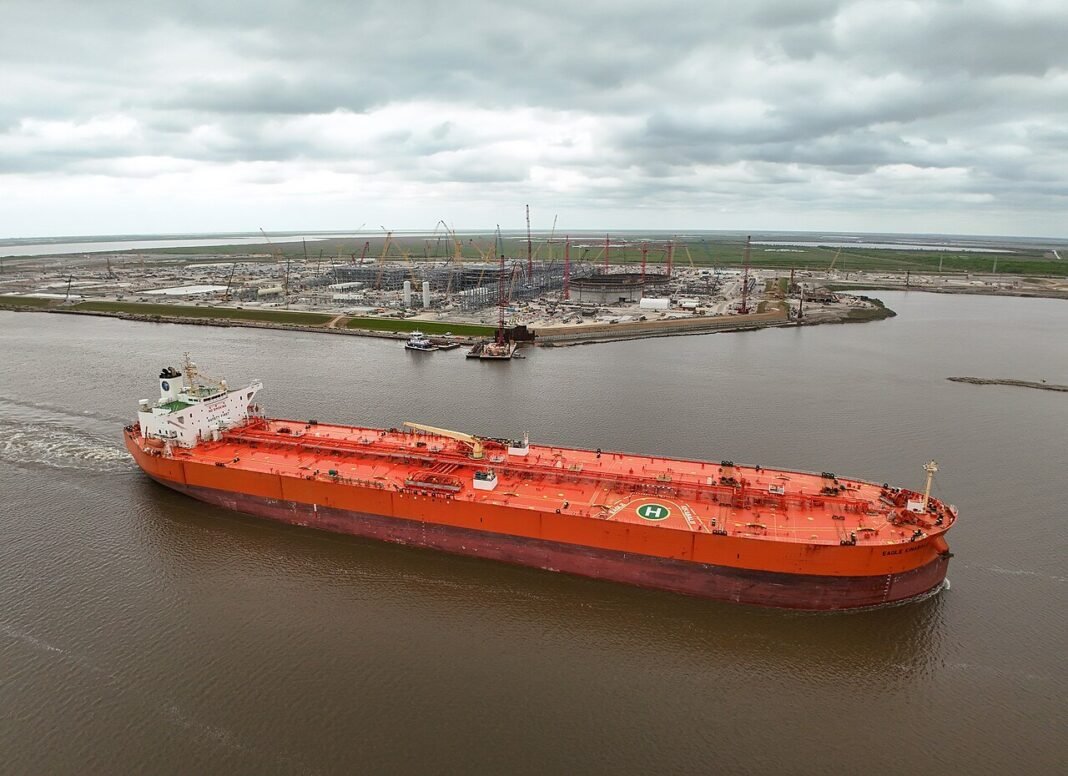
The United States has announced new sanctions targeting individuals and companies accused of facilitating the trade of Iranian oil, widening its campaign of “maximum pressure” on Tehran. The measures include penalties against Greek shipbroker Antonis Margaritis and a network of shipping companies under his control, as well as two Chinese oil terminal operators.
According to the US Treasury Department, Margaritis allegedly used his long-standing expertise in the maritime industry to “illegally facilitate the transportation and sale of Iranian petroleum.” His companies—Marant Shipping and Trading S.A., Square Tanker Management Ltd., Comford Management S.A., and United Chartering S.A.—have all been added to the sanctions list.
Today, Treasury is taking action to further reduce Iran’s revenue used to support terrorism.
Treasury’s Office of Foreign Assets Control is disrupting Tehran’s oil exports by imposing sanctions on Greek national Antonios Margaritis, his network of companies, and nearly a dozen…
— Treasury Department (@USTreasury) August 21, 2025
Chinese Terminals Under Scrutiny
At the same time, the US State Department blacklisted Qingdao Port Haiye Dongjiakou Oil Products Co., Ltd. and Yangshan Shengang International Petroleum Storage and Transportation Co., Ltd.
Both companies are accused of receiving shipments of Iranian crude supplied by the National Iranian Oil Co. on vessels already sanctioned by Washington.
The facilities, located in Qingdao, Shandong Province, and Yangshan in Zhejiang Province, are described as critical gateways for Iranian crude entering China. U.S. officials noted that the Qingdao terminal alone received an estimated 15.5 million barrels of Iranian oil in June, according to data provider Kpler.
A strategic trade corridor
China has emerged as a central hub for Iranian oil exports, despite US efforts to choke off this vital revenue stream for Tehran.
The ports around Qingdao and Zhoushan have increasingly become conduits for sanctioned shipments, particularly through privately managed terminals.
Earlier this year, a provincial port group in Shandong warned that state-managed terminals would no longer accept sanctioned tankers, shifting the trade toward private operators.
A broader campaign against Tehran
The latest sanctions come just weeks after the US Treasury carried out its largest enforcement action against Iran in seven years, targeting a network linked to Hossein Samhani, son of a senior adviser to Iran’s Supreme Leader Ayatollah Ali Khamenei.
Washington maintains that Iran’s oil sales continue to fund destabilizing activities across the Middle East. By targeting both shipping intermediaries and storage operators, U.S. officials hope to tighten restrictions on Iran’s ability to bypass sanctions, even as Tehran continues to find alternative pathways to export crude—most notably through China.


